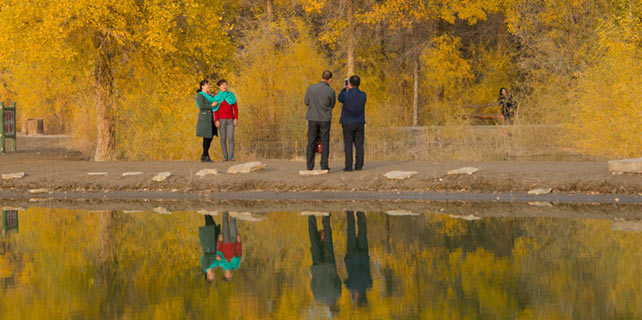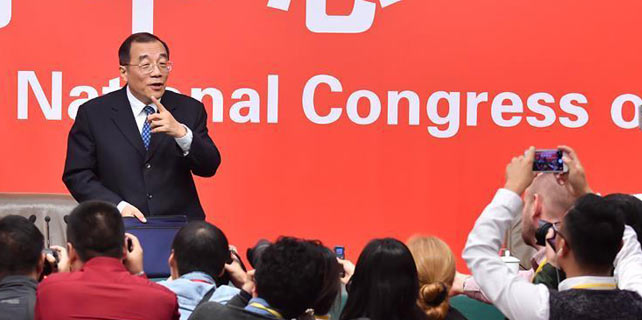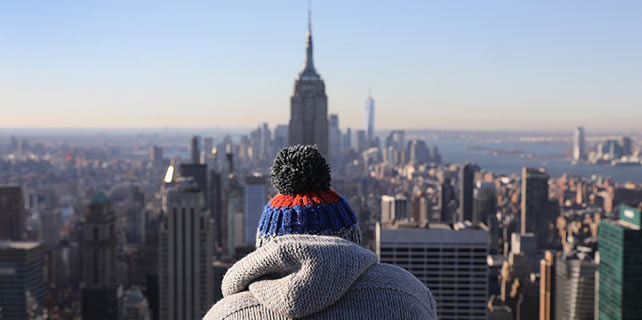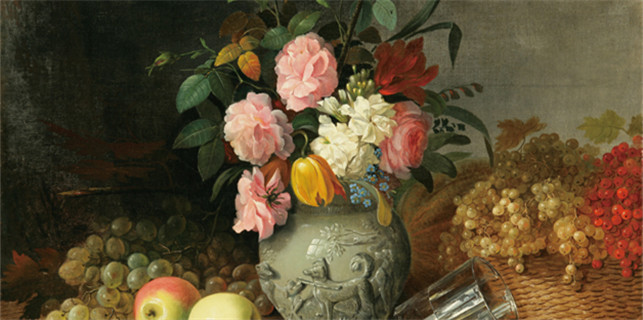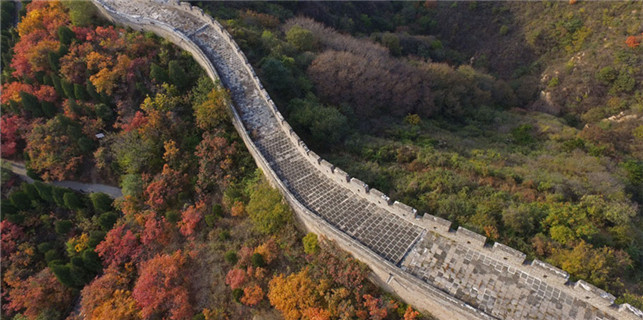The foreigner who champions Chinese art
 |
|
Barbara Edelstein and her husband Zhang Jian-Jun are art professors at New York University Shanghai. PHOTOS PROVIDED TO CHINA DAILY |
Prominent US artist and professor combines Western and Asian influences in her unique creations that have won her international acclaim
Barbara Edelstein may be an American but she has always been regarded by curatorial teams and exhibition committees worldwide as a part of the Chinese scene when it comes to art.
"It's true," said the California native. "If I don't see my own face, I sometimes forget I'm from a foreign country."
Renowned for her creations of contemporary Chinese art that feature an interplay of ink, water and nature, Edelstein was once chosen as one of the six contemporary Shanghai artists whose works were shown alongside those by four famous Ming Dynasty (1368-1644) artists at the Shanghai Zhu Qizhan Art Museum.
Outside of China, her work has similarly been showcased in exhibitions focused on contemporary Chinese artists.
Born into a family of artists - her father is a designer and photographer, her mother is a painter and her brother works as a sculptor - Edelstein grew up on a multi-ethnic street in Laurel Canyon in the Santa Monica Mountains of Los Angeles.
This meant that she was exposed to various Asian cultures, including Chinese, Japanese, Thai and Korean, which in turn proved to be pivotal to her development as an artist. Edelstein noted that her classmates in high school used to pass around books about ancient Chinese philosopher Lao Tzu, while the principles of Taoism, and Zen Buddhism were discussed.
"Asian ideas are something that come very naturally to me, and have always been around since my childhood," said Edelstein, who started living in Shanghai in 2007.
"Being in a family of artists meant that I could use their studios for my work. My brother was more inclined to work with charcoal while I chose ink," she added.
The artist noted that living in the relatively remote area in the hills has shaped her artistic inclinations as well, saying: "As an artist, there is something that you carry as part of your background. For me, it is being a part of nature."
 |
|
Barbara Edelstein's artwork inspired from ancient trees and willows in the West Lake in Hangzhou, Zhejiang province. |
For the Second International Sculpture Exhibition in Hangzhou's West Lake area in 2001, the American created a sculpture that was inspired by the shape of ancient trees and the willows around a lake.
The sculpture is the first artwork allowed to be displayed in the lake since Song Dynasty (960-1279).
"My work is always based on my research of the site and my impression of it," she said.
"And water is always an integral part of my sculptures."
Edelstein said that she hopes her art can have a calming effect on people, encouraging them to appreciate nature and in turn bring peace to the world.
"Details such as the leaves, shadows, vines and the slow change of motions can help city dwellers in metropolises connect to the natural world," she said.
Other works by Edelstein were displayed in China and around the world, including Elemental Spring: Harmony, a copper and bronze sculpture at the Shanghai Jing'an International Sculpture Park and the sculpture Falling in the Djerassi Sculpture Park in California, the United States.
She pointed out that living in Shanghai expanded her horizons, saying that "the artistic tradition here is strong and viable and I appreciate learning more about Chinese culture the longer I stay".
Edelstein recalled that there were only around 15 art galleries in Shanghai back in the 1990s, a stark contrast to the present where there are more than 200 reputable museums and galleries, including the Museum of Contemporary Art, Yuz Museum, Rockbund Art Museum, West Bund Cultural Corridor and Power Station of Art.
Edelstein's relationship with Chinese culture and art also stems from her husband Zhang Jian-Jun, a Chinese artist from Shanghai. The couple first met at a party held by the Asian Cultural Council in New York in 1990. They tied the knot nine years later.
Her first trip to China was in 1997 when she visited Zhang's family in Shanghai.
During that trip, the couple also visited Suzhou, Jiangsu province, and Hangzhou, Zhejiang province, to admire Jiangnan (East China) culture. They went to Xi'an, Shaanxi province, to learn about the origins of traditional Chinese culture.
Besides creating art, Edelstein and her husband are art professors at New York University Shanghai, the first Sino-US higher education institute to receive independent registration status from China's Ministry of Education.
The couple's Western and Asian backgrounds have been beneficial to the learning process as Edelstein and Zhang allow students to view the East from a Western perspective and vice versa.
Students learn how to incorporate ink into contemporary paintings, sculpturing, multi-media as well as Chinese calligraphy.
"We are not necessarily teaching students to become artists. Rather, they are learning how to think creatively, how to look at things, and how to broaden their minds," said Edelstein of her role as an educator.
And though they have been married for 18 years, the romance between them is hardly lost.
"She is kind, sensitive and talented, and knows how to balance the heavy and light materials together, like the stones, steel, water and leaves," said Zhang, who Edelstein said still holds her hand when they're walking down the stairs.
"One thing he doesn't do, however, is carry my purse," added Edelstein while smiling at her husband.
"But instead of carrying your purse, I carry your sculpture tools," quipped Zhang.
Cao Chen in Shanghai contributed to this story.
caochen@chinadaily.com.cn





